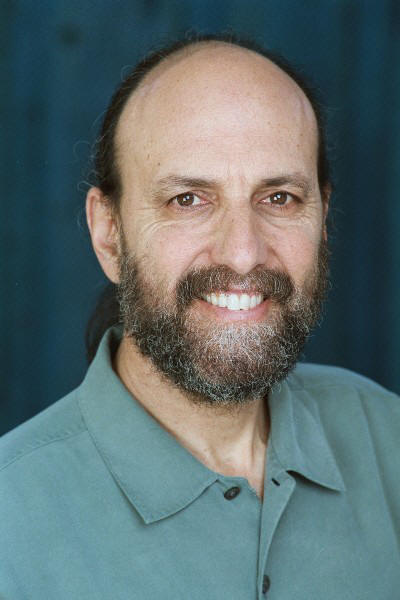Wake Up Call

By Mha Atma S. Khalsa, DC
Have you ever had a “wake-up call?” I have heard folks say that their heart attack was a “wake-up call,” or that getting fired from their job was a “wake-up call,” or that their significant other leaving them was a “wake-up call.” These reports made me wonder: Why does someone need a “wake-up call”—is it because they are asleep? What do they “wake up” to?
Do you need a “wake-up call?” Can you “wake up” without a nasty jolt caused by a seriously unpleasant life incident? If you need a “wake-up call,” what are you asleep about?
Maybe we are “asleep” when we take things for granted. We may take our relationships with our loved ones for granted. We may take our comfortable lifestyle for granted. And we may take our health for granted. Healthy relationships and good physical and mental health rarely continue indefinitely without ongoing nurturing and care. When we take them for granted, it doesn’t occur to us that we need to be actively working on them. Until something happens, like a slap in the face, to wake us up. If we are fortunate, the slap is not so hard that we can’t survive it, but hard enough so we get the message. Sometimes, however, the “wake-up call” is so severe that it causes damage that can’t be repaired, like a stroke that leaves us paralyzed, or a spouse that leaves and never comes back.
We might save ourselves much time and suffering by stopping to think about, or even to make a written list of, the things we take for granted. That list might include our physical health, the health of our relationships with our family and close friends, and the health of our society, our democracy, and the physical environment that supports us. All of these things inevitably deteriorate when we take them for granted, but all can thrive when we regularly spend time and energy to maintain them.
What actions can we take to prevent the need for a “wake-up call?” Preserving our physical health requires spending time and energy to make sure our diet is healthy, that we exercise, that we get enough rest, drink enough water, take our vitamins, and get regular chiropractic care. Preserving our healthy relationships could include setting a high priority to spend quality time with our spouse, parents, children, siblings, and/or close friends, as well as working on our ability to communicate and to be a good listener. Preserving the health of our world might require setting aside time and energy to understand what’s going on and to participate in promoting a healthy society and environment.
All of these areas interrelate and support each other. The time we spend as individuals, as families, and as a society to avoid unnecessary “wake-up calls” will be well rewarded!


